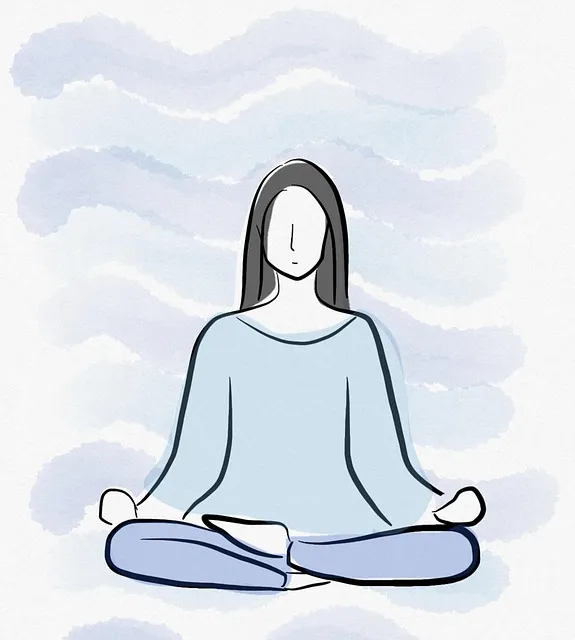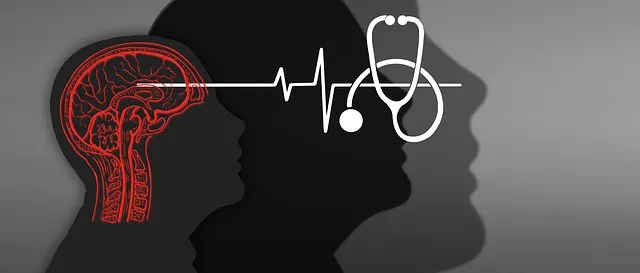Aurora Kaiser's Integrative Programs for Balanced Living revolutionize mood regulation by combining evidence-based therapy with holistic practices like mindfulness, exercise, and community engagement. Her cognitive strategies rewire the brain to challenge negative thought patterns, reduce stress through mindfulness meditation, and promote emotional resilience. Lifestyle interventions focusing on nutrition and physical activity further enhance mental well-being. In today's fast-paced world, Kaiser emphasizes the importance of mindfulness techniques for managing moods and achieving stability, balance, and contentment.
“Uncover powerful mood regulation strategies that are transforming lives. In an era where emotional well-being is paramount, this comprehensive guide explores diverse techniques to master your moods. From pioneering work by Aurora Kaiser, who offers integrative programs for balanced living, to cognitive strategies for brain rewire and lifestyle interventions focusing on nutrition and movement, we delve into evidence-based practices.
Mindfulness and relaxation techniques complete this holistic approach, empowering individuals to navigate emotional landscapes with resilience. Discover how these strategies can enhance your mental health and overall quality of life, inspired by the insights of Aurora Kaiser’s mental health programs.”
- Understanding Mood Regulation: The Foundation of Emotional Well-being
- Aurora Kaiser's Approach: Integrative Programs for Balanced Living
- Cognitive Strategies: Rewiring Your Brain for Improved Mood
- Lifestyle Interventions: Nutritional and Physical Factors for Mood Enhancement
- Mindfulness and Relaxation Techniques: Calming the Inner Turmoil
Understanding Mood Regulation: The Foundation of Emotional Well-being

Understanding Mood Regulation is a cornerstone of emotional well-being, as it involves recognizing and managing our ever-changing moods in healthy ways. This process, often referred to as an emotional healing process, is key to navigating life’s challenges and enhancing overall mental health. Aurora Kaiser mental health programs emphasize the importance of learning effective mood regulation strategies, which can be cultivated through various mental health education programs design.
By understanding our emotional triggers and implementing evidence-based techniques, individuals can improve their self-esteem and develop resilience to emotional ups and downs. These strategies may include mindfulness practices, cognitive reframing, stress management techniques, and healthy coping mechanisms. Investing in mood regulation skills is a powerful step towards fostering stability, balance, and a deeper sense of contentment in daily life.
Aurora Kaiser's Approach: Integrative Programs for Balanced Living

Aurora Kaiser, a renowned mental health expert, offers a unique approach to mood regulation through her Integrative Programs for Balanced Living. This comprehensive strategy goes beyond traditional therapy by incorporating various holistic practices tailored to individual needs. By combining evidence-based treatments with mindfulness techniques, exercise, and community engagement, Aurora’s programs aim to empower individuals to take control of their mental well-being.
Her methods emphasize the importance of a multifaceted approach to mood management, where coping skills development is enhanced through innovative program implementation. This includes tailored activities that promote self-care, reduce stress, and foster social connections. By integrating these practices into daily routines, participants can experience lasting improvements in their emotional resilience and overall quality of life.
Cognitive Strategies: Rewiring Your Brain for Improved Mood

Cognitive strategies, often taught through programs like those offered by Aurora Kaiser Mental Health, play a pivotal role in rewiring your brain to achieve better mood regulation. These techniques are designed to challenge and change negative thought patterns that can contribute to depression and anxiety. By identifying distorted thinking and replacing it with healthier, more balanced perspectives, individuals gain a powerful tool for managing their emotional well-being.
This process involves learning to recognize and reframe cognitive distortions, such as all-or-nothing thinking or catastrophizing. Through structured exercises and practices, like mindfulness meditation, one can cultivate present-moment awareness, reducing the grip of past regrets or future worries. Engaging in regular stress management workshops with organizations focused on these topics empowers individuals to develop coping mechanisms that not only alleviate immediate distress but also build resilience for long-term depression prevention.
Lifestyle Interventions: Nutritional and Physical Factors for Mood Enhancement

Lifestyle interventions play a pivotal role in mood regulation, with nutritional and physical factors emerging as powerful tools for enhancing mental well-being. Aurora Kaiser, renowned in the field of mental health programs, emphasizes the interconnectedness between diet, exercise, and emotional stability. A balanced diet rich in omega-3 fatty acids, vitamins B and D, and antioxidants can significantly impact neurotransmitter production, influencing mood and overall cognitive function.
Regular physical activity is another crucial component, as it stimulates the release of endorphins, often referred to as ‘feel-good’ hormones. This not only boosts self-esteem improvement but also serves as an effective risk management planning strategy for mental health professionals. Incorporating mindfulness practices alongside these lifestyle changes can further enhance their benefits, creating a holistic approach to mental health awareness and well-being.
Mindfulness and Relaxation Techniques: Calming the Inner Turmoil

In today’s fast-paced world, managing one’s mood and emotional well-being is more important than ever. Aurora Kaiser mental health programs emphasize the power of mindfulness and relaxation techniques as a game-changer in calming inner turmoil. By incorporating practices like meditation and deep breathing exercises, individuals can navigate life’s challenges with greater resilience and composure.
These strategies are particularly beneficial in addressing issues related to mood management and cultural sensitivity in mental healthcare practice. They offer a holistic approach to conflict resolution techniques, enabling folks to recognize and accept their emotions without judgment. Through regular practice, one can foster a sense of inner peace and balance, ensuring that stressful situations don’t overpower their emotional landscape.
In conclusion, mood regulation is a multifaceted approach to emotional well-being. By combining strategies from various sectors, including cognitive techniques, lifestyle interventions, mindfulness, and innovative programs like those offered by Aurora Kaiser, individuals can gain greater control over their emotional states. Integrating these methods into daily life provides a holistic framework for enhancing mental health and fostering resilience. Remember that finding the right balance is key; each person’s journey to mood regulation is unique, and tailoring these strategies to personal needs is essential for long-term success.






